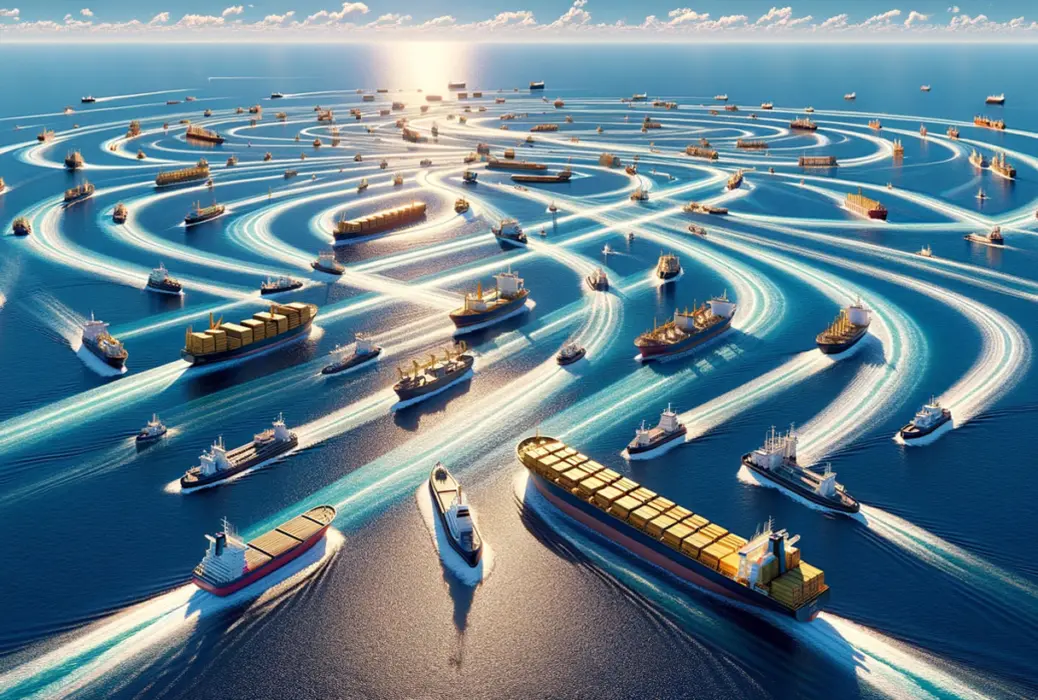The Impact of Crises on Maritime Traffic: A Case Study of the COVID-19 Pandemic and the War in Ukraine

Maritime transport plays a key role in the global and local economies, accounting for 80% of global trade by volume. That is why the efficient functioning of maritime transport is so important. However, this sector is exposed to constant risk of various crises and their potential consequences, which can significantly impact and disrupt the flow of goods at local, regional and global levels. In recent years, two significant crises have been observed, namely the COVID-19 pandemic and the war in Ukraine. The aim of the article is to analyze the impact of international crises, such as armed conflicts and pandemics, on maritime traffic and to assess their impact on the global and local economies. To illustrate the effects of the crises, a comparison was made between the periods before and during the COVID-19 pandemic and before and during the war in Ukraine. The findings are then extrapolated to apply to potential future crises. Vessel movements are studied using data collected from automatic identification systems (AIS). In the quantitative approach, authors of publications analyze large data sets using dedicated tools and visualization techniques to gain insight into specific phenomena.
The article identified economically important regions for maritime traffic and examined how crises affected maritime traffic in these regions. Its unique value lies in its flow-based analysis of changes in maritime traffic. The main conclusion is that China’s importance for global maritime traffic is growing. This makes the world economy highly dependent on China, to a much greater extent than, for example, Russia. As a result, any crisis in the China region could have a dramatic impact on the global economy. The article also discusses observations of changes in maritime traffic after the outbreak of the war in Ukraine.
The paper “The Impact of Crises on Maritime Traffic: A Case Study of the COVID-19 Pandemic and the War in Ukraine” is available in open access on the Springer website. Authors of the publication: Krzysztof Węcel, Milena Stróżyna, Marcin Szmydt, Witold Abramowicz.




